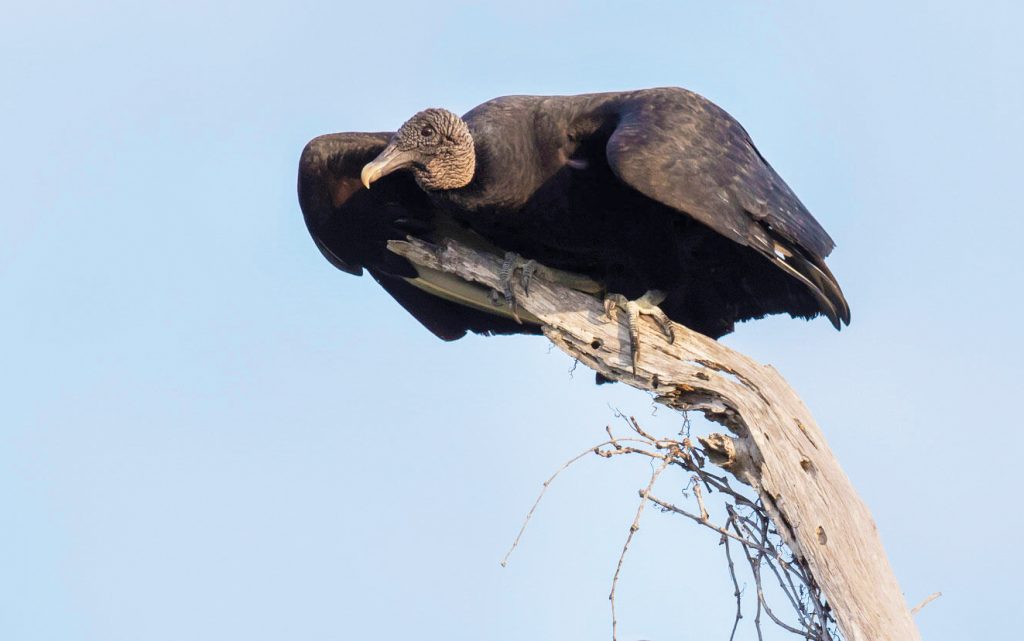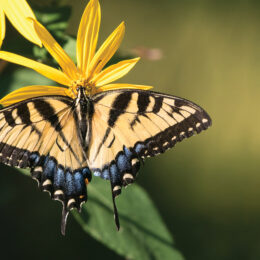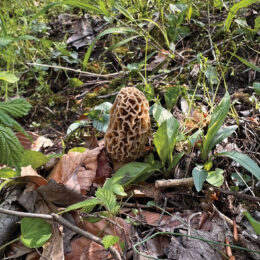
By Jack Spaulding
When traveling through Shelby County recently, I came across two large birds dining on roadkill just off of a county road. At first, I thought they were common turkey buzzards. But as I got closer, I realized they weren’t and quickly identified them.
They were black and appeared to have less of a protruding tail than a buzzard and were more plump in stature; rather than being bald and having flesh colored heads, their heads were feathered and black.
They were black vultures. In the past, I have encountered them along the Ohio River, but it appears their range into central Indiana might be expanding. The black vulture, Coragyps atratus, also known as the American black vulture, is a bird in the New World vulture family whose range extends from the northeastern United States to Peru, central Chile and Uruguay in South America. They are native to the entire state of Indiana.
Like their cousin the turkey buzzard, black vultures predominately feed on carrion. But this is where their common trait ends. Unlike their non-aggressive cousin, black vultures are known to gang up — and prey on living animals. This includes calves, piglets, lambs, and newborn goats. They sometimes attack vulnerable, ill or birthing cows. They can be a nightmare for livestock farmers.
Livestock owners’ only recourse is to house their livestock where they are protected from the black vultures.
According to the Cornell Lab, it’s not just farm livestock in danger. Household pets may be at risk, too. Wayne Long, the Jefferson County extension agent for the University of Kentucky College of Agriculture, Food and Environment, said small pets like cats and dogs may be at risk of attack just by nature of being small animals.
Harming the birds is out of the question since legally, black vultures are protected under the federal Migratory Bird Treaty Act of 1918. It is illegal to harm, harass, or kill black vultures without a permit.
Scaring off black vultures is not an easy job. Black vultures are highly sociable with humans and they are very intelligent. Many of the typical abatement techniques to scare off unwanted birds do not work with black vultures because they are smart enough to know they will not be harmed by bright lights, noises, shining objects and so on. Displaying an effigy or something appearing to be a dead vulture may be effective.
If black vultures are presenting a threat to livestock or pets, I would suggest contacting your local DNR biologist or conservation officer for advice on the situation.
JACK SPAULDING is a syndicated state outdoors writer and a member of RushShelby Energy.
Readers can contact the author by writing to this publication, or by e-mail to jackspaulding@hughes.net. Spaulding’s books, “The Best Of Spaulding Outdoors” and “The Coon Hunter And The Kid,” are available from Amazon.com as paperbacks or Kindle downloads.



